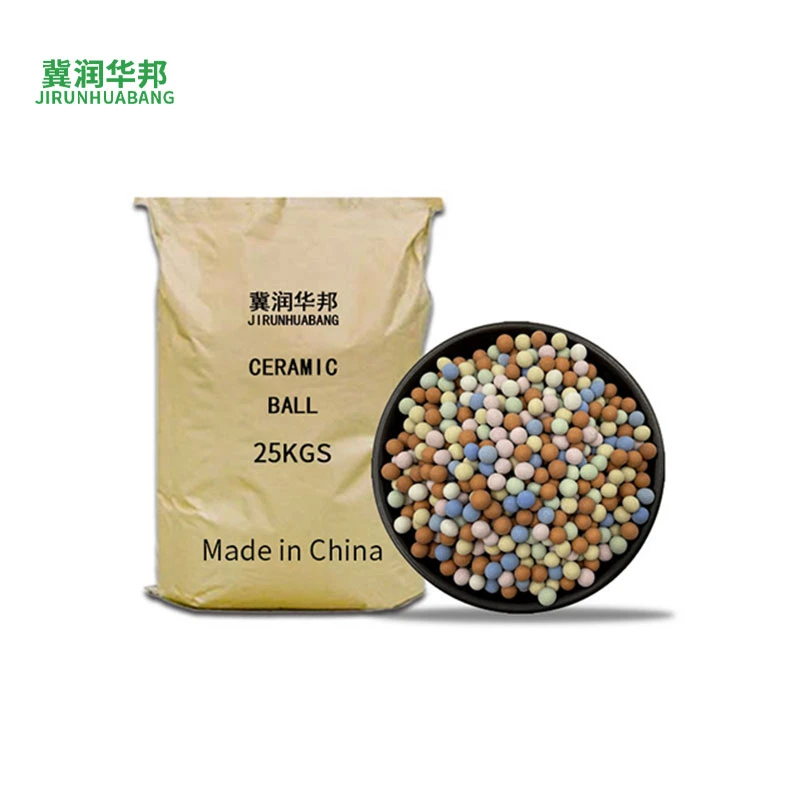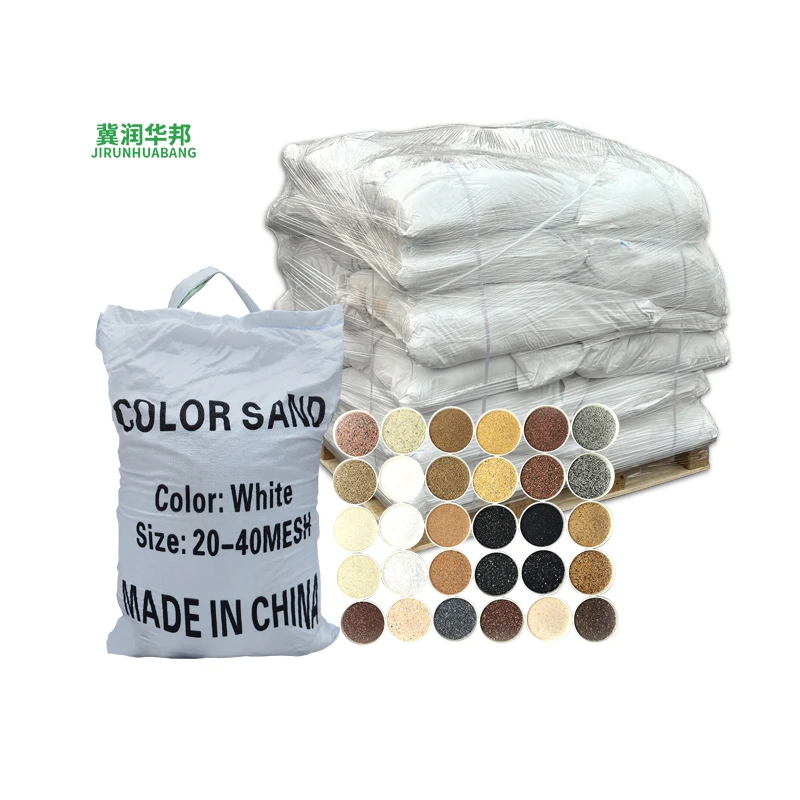polypropylene fiber properties
Back to list
Feb . 20, 2025 03:05
Polypropylene fiber stands as a cornerstone in the realm of synthetic fibers, greatly influencing industries ranging from textile manufacturing to construction. Known for its robust properties and versatility, polypropylene fiber has become a subject of extensive study and application across various fields. This article explores its properties, elucidating why it has earned a reputable position in diverse industries.
Polypropylene fiber also holds significant environmental advantages. As sustainability becomes paramount in manufacturing and consumer choices, polypropylene’s recyclable nature aligns well with eco-friendly initiatives. Its production process consumes less energy compared to other synthetic fibers, reducing the overall carbon footprint. Engineers and manufacturers continue to develop recycling methods, further promoting polypropylene’s status as a sustainable material choice. In medical applications, polypropylene fiber's non-toxic and hypoallergenic properties have gained recognition. It is widely used in the production of medical textiles, including surgical gowns and masks, where sterility and safety are crucial. The fiber’s lack of chemical by-products ensures that medical-grade products meet stringent health and safety regulations. The construction industry benefits significantly from polypropylene fiber’s properties. When used in concrete reinforcement, it enhances crack resistance and reduces water permeability, extending the structure's lifespan. Unlike metal reinforcements, polypropylene does not corrode, offering a maintenance-free solution that ensures structural integrity over time. This corrosion resistance is particularly beneficial in infrastructure projects exposed to varying weather conditions. Despite its impressive attributes, polypropylene fiber is not without its challenges. Its susceptibility to UV light requires careful consideration and application of appropriate additives to extend its use outdoors. Continuous research and development efforts are addressing this limitation, with scientists and engineers working to improve its properties while retaining its advantageous traits. In summary, polypropylene fiber embodies a remarkable blend of properties that meet the rigorous demands of modern industries. Its water resistance, strength, durability, thermal and chemical resilience, lightweight nature, and environmental benefits underscore its diverse applicability. As technology advances, enabling further innovations in production and recycling, polypropylene fiber's role in both industry and sustainable practices is set to expand, firmly establishing its place as an indispensable material in the contemporary world.


Polypropylene fiber also holds significant environmental advantages. As sustainability becomes paramount in manufacturing and consumer choices, polypropylene’s recyclable nature aligns well with eco-friendly initiatives. Its production process consumes less energy compared to other synthetic fibers, reducing the overall carbon footprint. Engineers and manufacturers continue to develop recycling methods, further promoting polypropylene’s status as a sustainable material choice. In medical applications, polypropylene fiber's non-toxic and hypoallergenic properties have gained recognition. It is widely used in the production of medical textiles, including surgical gowns and masks, where sterility and safety are crucial. The fiber’s lack of chemical by-products ensures that medical-grade products meet stringent health and safety regulations. The construction industry benefits significantly from polypropylene fiber’s properties. When used in concrete reinforcement, it enhances crack resistance and reduces water permeability, extending the structure's lifespan. Unlike metal reinforcements, polypropylene does not corrode, offering a maintenance-free solution that ensures structural integrity over time. This corrosion resistance is particularly beneficial in infrastructure projects exposed to varying weather conditions. Despite its impressive attributes, polypropylene fiber is not without its challenges. Its susceptibility to UV light requires careful consideration and application of appropriate additives to extend its use outdoors. Continuous research and development efforts are addressing this limitation, with scientists and engineers working to improve its properties while retaining its advantageous traits. In summary, polypropylene fiber embodies a remarkable blend of properties that meet the rigorous demands of modern industries. Its water resistance, strength, durability, thermal and chemical resilience, lightweight nature, and environmental benefits underscore its diverse applicability. As technology advances, enabling further innovations in production and recycling, polypropylene fiber's role in both industry and sustainable practices is set to expand, firmly establishing its place as an indispensable material in the contemporary world.
Share
Previous:
Next:
